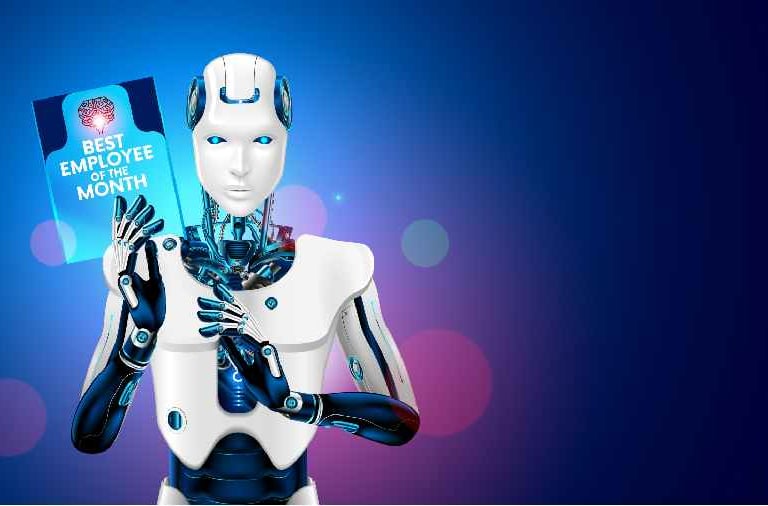Meet CARMEN: A Robot Empowering Cognitive Rehabilitation


Cognitive decline is a significant concern for the aging population, with mild cognitive impairment (MCI) being a common precursor to dementia. The need for effective, accessible interventions has led to the development of CARMEN (Cognitively Assistive Robot for Motivation and Neurorehabilitation), a groundbreaking robot designed by researchers at the University of California, San Diego. This small, tabletop robot is not just a technological marvel but a beacon of hope for individuals with MCI and their caregivers. This blog delves into the details of CARMEN's creation, functionality, and impact on the lives of those with MCI.
MCI represents an intermediate stage between typical age-related cognitive decline and more severe forms of dementia. It affects various cognitive functions, including memory, attention, and executive function. According to statistics, about 20% of individuals over 65 years old experience MCI, with up to 15% transitioning to dementia each year. While pharmacological treatments have shown limited success in slowing down this progression, behavioral treatments have proven to be more effective. This is where CARMEN comes into play.
The Genesis of CARMEN
CARMEN was developed by a multidisciplinary team at UC San Diego, led by Laurel Riek, a professor of computer science and emergency medicine. The robot was designed in collaboration with clinicians, individuals with MCI, and their caregivers, ensuring that it meets the real-world needs of its users. Unlike other assistive robots, CARMEN focuses on teaching compensatory cognitive strategies to enhance memory and executive function, making it a unique tool in cognitive rehabilitation.
Design and Functionality
CARMEN is designed to be user-friendly, requiring minimal setup and maintenance. It operates independently of constant internet connectivity, ensuring reliability even in areas with limited internet access. The robot engages users through interactive games and activities that teach practical strategies for managing daily tasks. For example, CARMEN can help users develop routines for placing important objects in specific locations or teach note-taking strategies to remember essential information.
Deployment and User Feedback
The research team deployed CARMEN in the homes of several individuals with MCI and experienced clinicians for a week. The participants engaged in tasks such as identifying routine places for household items and using calendars to keep track of tasks. Feedback from these deployments was overwhelmingly positive. Participants reported increased confidence in using cognitive strategies and expressed a desire for more interaction with the robot. This feedback underscores the potential of CARMEN to make a tangible difference in the lives of those with MCI.
Advancing the Technology
The success of the initial deployments has paved the way for future enhancements to CARMEN. The researchers plan to expand the robot's capabilities, including enabling conversational interactions. This is crucial for accessibility, as some users may have difficulty using a touchscreen interface. Ensuring privacy during these conversations is a top priority, as is maintaining a balance between providing assistance and encouraging user independence.
Broader Applications and Future Directions
Beyond aiding those with MCI, the research team is exploring how CARMEN could assist individuals with other cognitive conditions, such as ADHD. The robot's design is based on the FLEXI robot from the University of Washington, but significant modifications have been made to its hardware and software. The development team utilized the Robot Operating System (ROS) for CARMEN's operating system, highlighting the importance of open-source platforms in advancing robotic technologies.
Conclusion
CARMEN represents a significant advancement in the field of cognitive rehabilitation. By providing practical, user-friendly support to individuals with MCI, this robot has the potential to improve the quality of life for many. As researchers continue to refine and expand CARMEN's capabilities, its impact is likely to grow, offering new hope to those facing cognitive challenges. For more information and to follow the ongoing development of CARMEN, visit the project's GitHub page.
